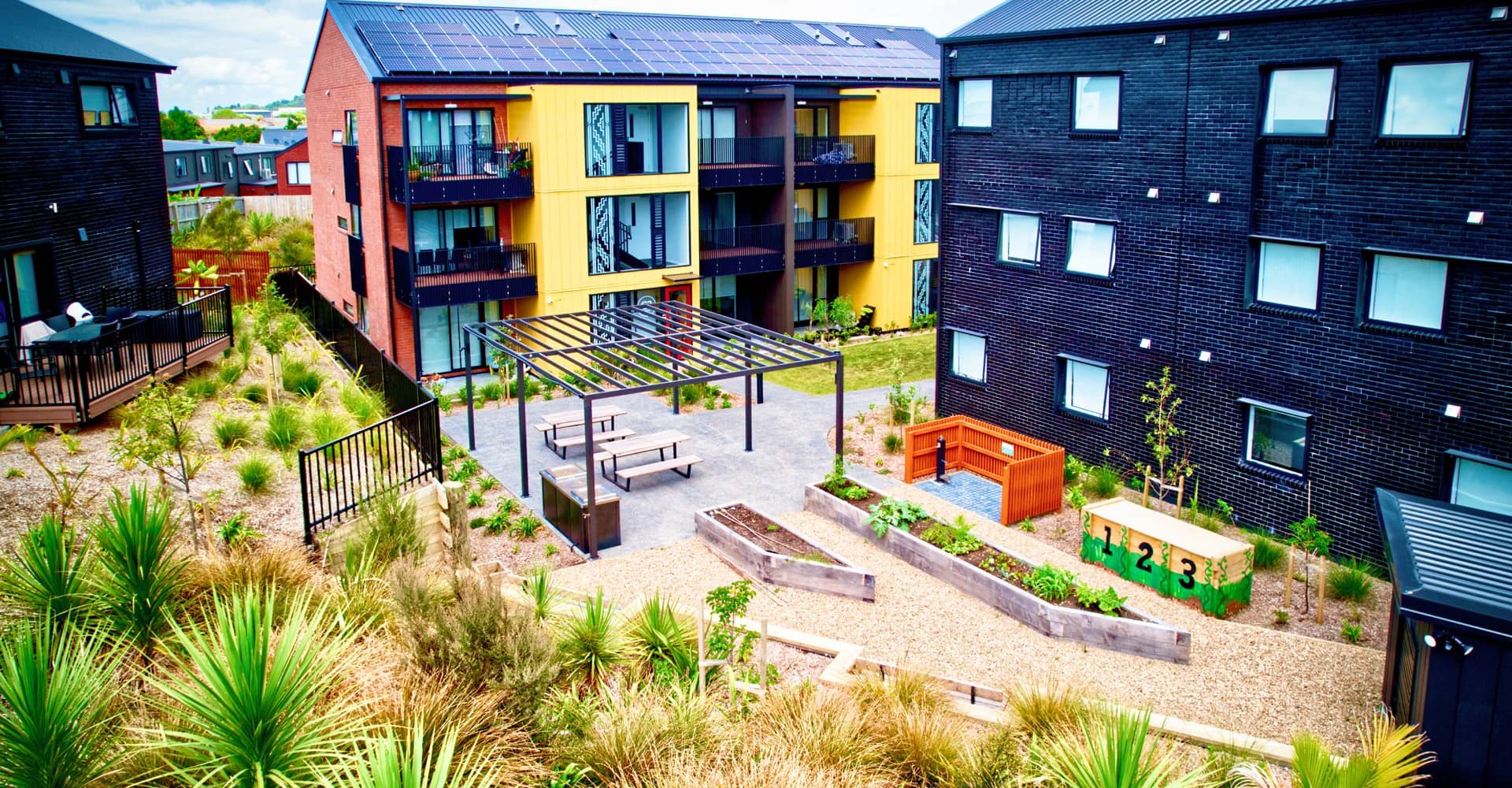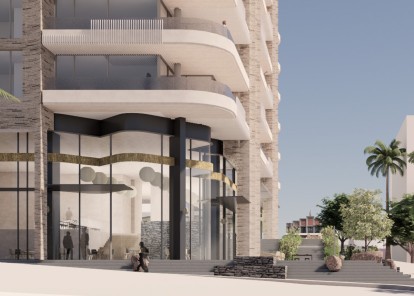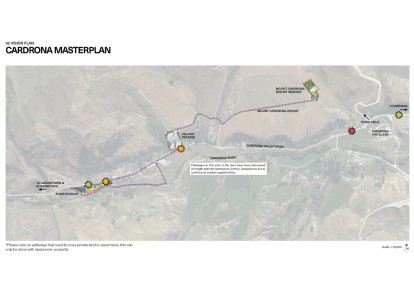A Plea for Empowering Communities in Sustainable Development

Local and central bodies and businesses working in infrastructure, travel and public amenities are working within a highly stressed system that requires a radical reassessment. We need to slow down and carefully consider how we sustainably invest in these important domains.
There is an urgent need for a fundamental shift to a regional distribution of public works programmes; a decentralisation of big conglomerates; and a rethink of what is important in the creation of living environments. This goes against the decades-long current of globalisation - the latter-day heir of colonisation - which has been largely directing where and how we live and work.
The reinstalled Regional Development Fund is a step forward in this area by rebalancing the dominance of the upper northern island. But we need to go further and create a national spatial plan, with co-ordinated public input, of the entire archipelago to be efficient, to get the most from our contrasting regions and to spread our bets.
We need to step up public empowerment - asking those most affected for their input into change projects and listening to them. Many plans to manage change have failed, creating division, with ineffectual attempts to engage with the public ranging from orchestrated tick boxes to "trust us, we're the experts" tropes. For businesses charged with carrying out public change projects, success needs to be driven by building a solid platform of consensus.
We have spent far too much on going fast between points - think vehicles, fuel, tyres and roads - and not enough on places. What those in power like to call transport is really about conveyance, essentially for supplies, for work and recreation. But now we need to reprioritise, to take deliberate action by slowing down and investing in places where we live, offering more local options, so there is less need to go long distances for work and leisure.
A big part of reconfiguring space can come from decentralising settlements. For decades, the abstract concept of a monocentric town plan has ruled, but it doesn't work with dramatically scripted, embayed and hilly landscaped cities such as Tauranga, Auckland and Wellington. Trying to force roads, work and entertainment into one place inevitably causes congestion. A series of strategically displaced centres that cater for all needs is a much more flexible network.
Covid gave us a taste of what it feels like to slow down, stay put and spend time locally, reconnecting with our green environment. It made us realise our homes are more than a source of financial pride and status; they're important as a nest for family and personal living. Dense housing with no outlook, tiny backyards, and distant parks are not making good homes that cater for all our needs. The drive for more housing needs serious balancing with the generous parks, street trees, ecological corridors and decent private living spaces with gardens.
Enhancing the spread of decision making is key to making change. The internet has brought the power of civilisation's knowledge to our fingertips. The potential for people to be informed as decision makers should be respected, not ticked off. We need to work together with engaged and transparent participation in decision making to create radical
sustainable change - for the good of us all.
Originally published in The Listener.
Published
10 January, 2024
Author
Garth Falconer
More articles Pitopito kōrero
Practice Tikanga
At Reset, we offer a broad scope of services within the specialist areas of Urban Design and Landscape Architecture. We also actively engage in research and have contributed two published books on the history of design in New Zealand.


